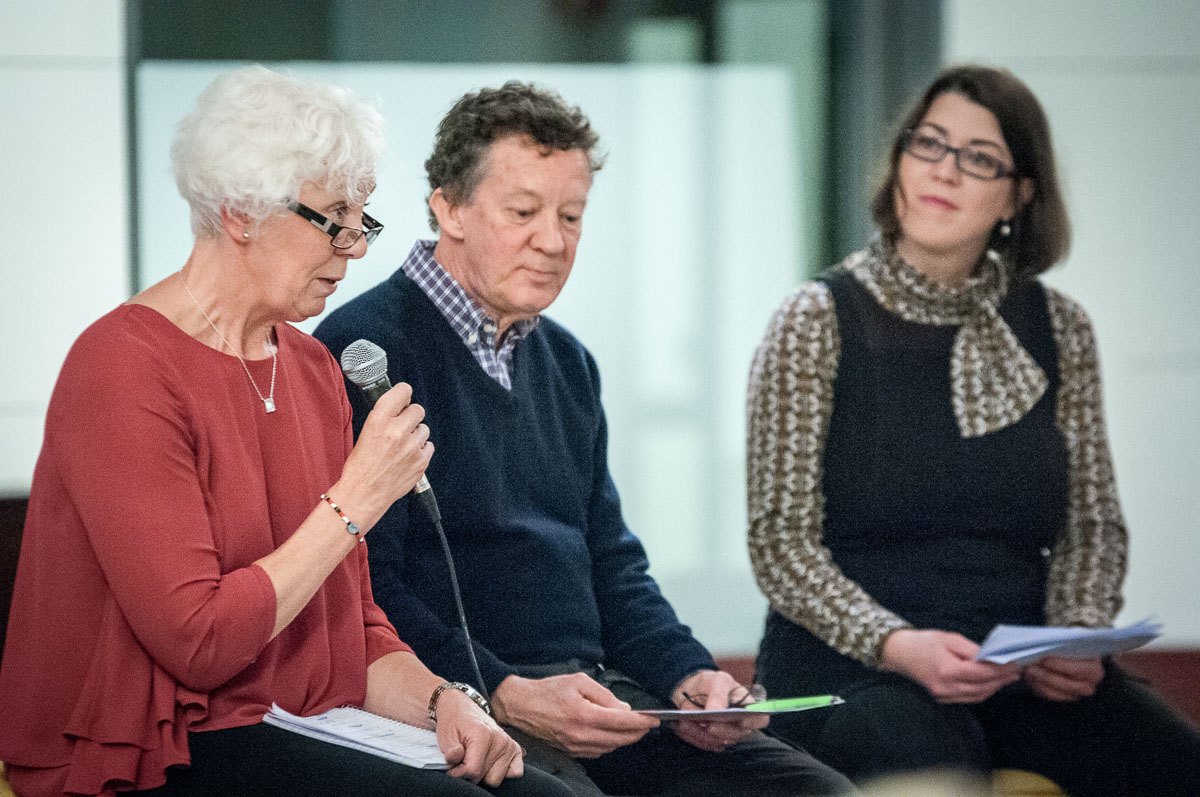Four experts discussed the outcomes of the Climate Change Conference in Paris from diverse ambits.
People counting on the academic quarter faced issues to find a seat in the colourful hotchpotch of chairs in the Café Athen on Wednesday night. UPF Lund, the Association for Foreign Affairs, invited to a panel on the UN Climate Change Conference, taking place last December in Paris.
The diverse panel started off with sharing their perspective, ranging from the Political Scientist Angela Oels, Tomas Björnsson from the civil society side and Annika Digréus, who reports on environmental issues for the Swedish radio.
Evidently, the journalist Digréus would have preferred to be in her usual role and ask the question.
Despite the diverse perspectives the opinions of the panellists seemed to differ barely, which gave the discussion a slogging take-off. Especially for non-environmental experts, getting in the technical jargon of unfamiliar terms and abbreviations took a while.
Is the agreement of Paris, the first climate treaty in 18 years, ambitious enough to counter global warming? The panel’s response was reserved.
“According to what it could have been, it was a success. Taking in account what it should have been, it was a disaster”, agreed Angela Oels and Tomas Björnsson.
Despite the rather ambitious goals set in Paris, the actual implementation and national pledges will play a crucial role of what remains from the historic Environmental summit.
“Luckily governments are slowly catching up with the great things Social movements and local city leaders have been doing”, said the visiting German Professor Oels.
After lively reports from the atmosphere in Paris, the discussion spanned from climate refugees, the role of politics and states to fossil fuels and possible alternatives. The moderator, Lars Nilsson from LTH, ensured a laughter by braking complex matters down:
“Burning fossils and storing them is like peeing in bed. It’s only warm for a short while”.
New technologies, but also crises that require novel solutions, politicis but also the mind-set of people were identified as the driving forces for change by Tomas Björnsson from the Swedish Society for natural conservation.
“There is an elephant in the room and that is the individual choices we make and the narrative of what makes a good life”, concluded Björnsson and requested the participating students to take the bike on their next vacation.
All sides came to the conclusion that the obstacles to reduce the emissions to zero percent are not of technical nature but are rather rooted in policy and governance issues. The audience seemed to share this not too bright notion about future struggles. A quick poll at the end of the debate showed that the students participating were more anxious and only very few had a positive attitude towards the future.






